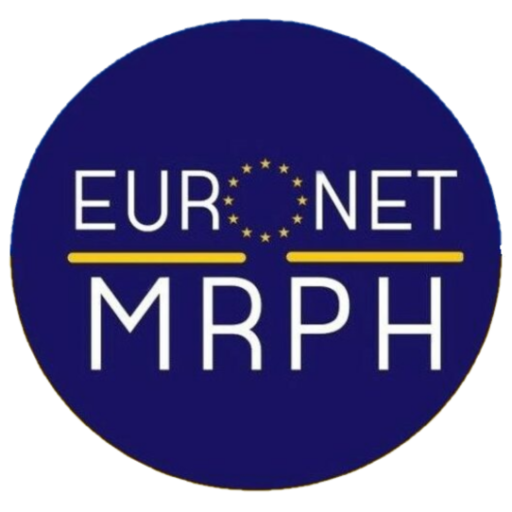The working group discussed food and nutrition problems and related issues in order to get together, share ideas and present possible solutions. The case of in vitro meat opened the debate, and talking about its environmental and animal welfare arguments for development got us thinking about the cultural aspect of food as well. The group concluded it to be not a solution to the excessive meat consumption, but a complement to traditional burgers, expanding consumer choices. However, the different food demands (kosher, vegan, etc) of present days can be seen as a threat, because of the sustainability issues and cultural aspects. Food becomes less of a bridge and more of a problem when in the same community/society there are different schools of thought and very different food demands.
Insect eating was another issue that raised the debate on why food is such an important part of our cultural heritage, and got us discussing how it would be really difficult to change mindsets, and on it taking a number of generations to accept this practice. The present practices are unsustainable and we don’t believe this practice, needing such a long time to produce results, would be a primary solution for the environmental concerns.
When talking about food one can never ignore the way food is actually being grown and produced. We talked about environmental concerns, such as the amount of land needed to feed animals for consumption, and the fish farming policies that make the fish grow faster but with loss of nutrition properties. Permaculture, seed biodiversity and the Monsanto problem were also discussed. We also discussed how the new diets/alternative eating styles are having both a positive and negative impact on health, positive or negative depending on the consumption of unprocessed or highly processed foods, respectively, and sustainability, depending on sourcing of the food (local vs imported).
We then talked about how the future diet would look like, bringing up the subject of the vegetarian and the reducetarian diets. This would definitely have an impact on the fish and meat economical sector, both on the implementation phase (to get people into these diets) and the maintenance phase (keeping these diets going for generations). The policies needed to reduce the consumption of these products would probably be around creating quotas for producers and new taxes for consumers.
The subject of the Common Agricultural Policy, implemented since the 60’s came to discussion regarding the previous subject. We talked about how this set of policies was created to solve the problems at that time, and that we now need to reduce subsidization gradually for the meat industry, to raise the subsidization for food & veg companies and tax the consumption following different rules.
The need for vending machine policies and the tax on sugar closed the working group session, and different participants talked about their countries present concerns and policies.
